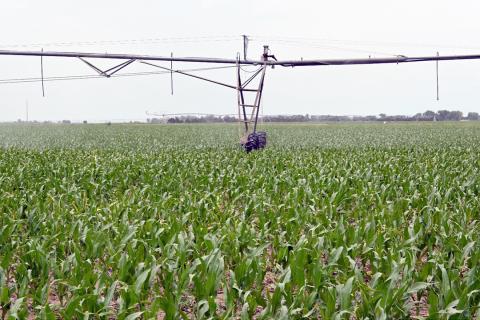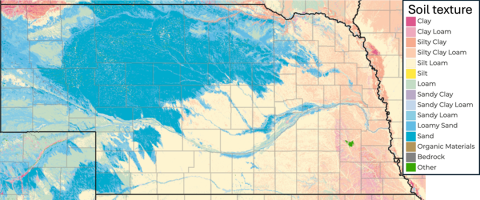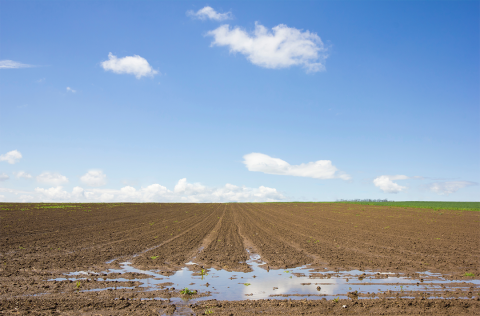Soil-Water-Plant Interaction Basics
June 12, 2024
As irrigation season approaches, producers may find it beneficial to review the basics on how soil, water and plants all work together to grow crops.

Turk Investigating Soil Health Over Time, a Key to Climate Resilience Strategies
June 6, 2024
Turk’s research will inform soil carbon sequestration strategies and advance understanding of soil health, which is key to agricultural systems’ capacity to withstand extreme weather.
The Impact of Spring Rainfall on Available Soil Moisture
May 15, 2024
Assessing whether rainfall is sufficient to recharge soil moisture to adequate levels is not an easy task. This article covers key aspects of soil-water relations and how recent rainfall in Nebraska may affect available soil moisture for future irrigation decisions.
Strategies to Minimize Compaction During Wet Spring Conditions
May 15, 2024
Insights on how wet field conditions affect compaction and ways to mitigate compaction when field work can't be delayed.


